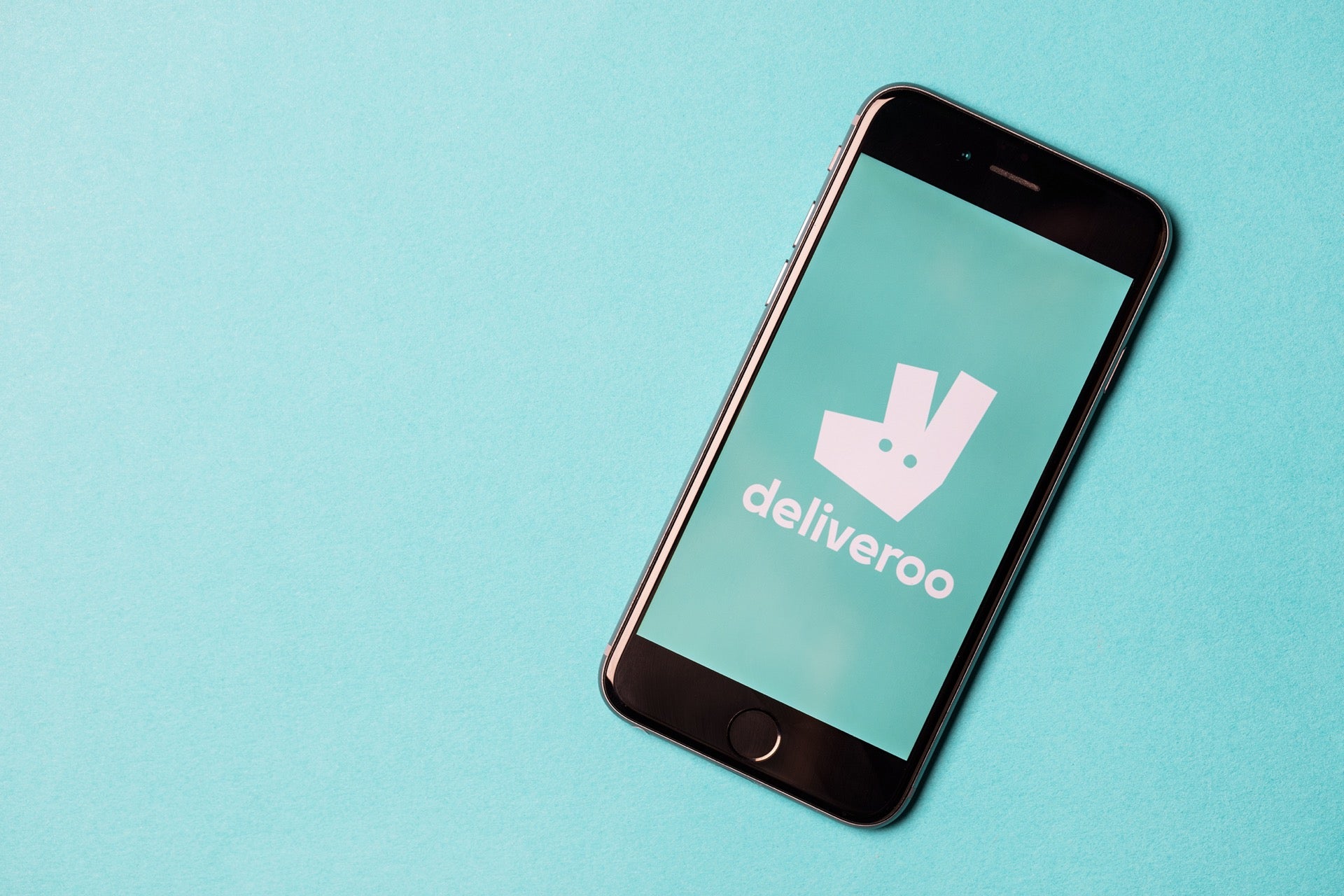
Having gobbled up a healthy chunk of the global food delivery market, Deliveroo has now picked London for its public listing.
The gig economy unicorn said it was considering listing via a dual-share structure, which would allow CEO and co-founder Will Shu to maintain his influence over the future of the company.

Access deeper industry intelligence
Experience unmatched clarity with a single platform that combines unique data, AI, and human expertise.
Dual-class structures involve two different classes of shares, with one class offered to the public and one with considerably larger voting powers given to the company leadership. While dual-class listings are popular among tech companies in the US, investors in the UK have a reputation for turning their nose up at them.
However, the Treasury published a new listings review yesterday ahead of the Budget that recommended this route should become easier to embark on, as founders’ vision and ability to execute it are “often part of the company’s selling point.”
Deliveroo’s dual-class listing on the London Stock Exchange would last for three years before swapping it for a more traditional single share class structure.
Shu said the decision to float in the UK emphasised the $7bn takeaway business’ commitment to make Blighty its home in the future as well.

US Tariffs are shifting - will you react or anticipate?
Don’t let policy changes catch you off guard. Stay proactive with real-time data and expert analysis.
By GlobalData“Deliveroo was born in London,” he said. “This is where I founded the company and delivered our first order. London is a great place to live, work, do business and eat. That’s why I’m so proud and excited about a potential listing here. At Deliveroo we want to be the definitive food company, bringing consumers the best choice of foods, giving restaurants new opportunities to grow their businesses, and providing riders with great work. We are always focused on developing the best proposition for consumers, restaurants and riders and look forward to bringing our service to new parts of the UK as we continue to grow.”
Gig economy challenges
The news comes as gig economy companies in the UK face growing legal challenges to transform their company structures. The pressure to change came to a boil at the end of February when ride-hailing app Uber lost a case in the Supreme Court, forcing it to designate 25 drivers as workers rather than self-employed workers. Following the court ruling, thousands of Uber drivers have flocked to sue the company for back pay and benefits.
These legal challenges have put Deliveroo’s listing into question for some. Deliveroo did not return requests for comment on what the Uber ruling will mean for its listing, although it did refer to its riders as “self-employed” in the IPO announcement.
Despite these concerns, chancellor of the exchequer Rishi Sunak was one of the people who welcomed the news that Deliveroo had picked London for its public listing.
”The UK is one of the best places in the world to start, grow and list a business – and we’re determined to build on this reputation now we’ve left the EU,” Sunak said. “That’s why we are looking at reforms to encourage even more high growth, dynamic businesses to list in the UK so it’s fantastic that Deliveroo has taken this decision to list on the London Stock Exchange. Deliveroo has created thousands of jobs and is a true British tech success story. It is great news that the next stage of their growth will be on the public markets in the UK.”
How we got here
Deliveroo was founded in 2013 by Shu and then-CTO Greg Orlowski, who quit in 2016 saying he’d like to spend more time with his family.
Shu was also the company’s first takeaway rider in 2013, delivering predominantly in Chelsea, West London.
Since then the company has grown to have operations across nearly 800 towns and cities across 12 markets, including Australia, Belgium, France, Hong Kong, Italy, Ireland, Netherlands, Singapore, Spain, United Arab Emirates, Kuwait and the UK.
Its backers include Amazon, General Catalyst, DST Global, Hoxton Ventures, NGP Capital, Accel, Index Ventures and Greenoaks Capital. In total, investors have injected over $1.7bn into the food-delivery unicorn. Deliveroo most recently raised $180m in January 2021 at a $7bn valuation.
It boasted in the listings announcement that it had been profitable for six months in 2020.
Read more: Deliveroo funding round brings startup’s valuation to $7bn







